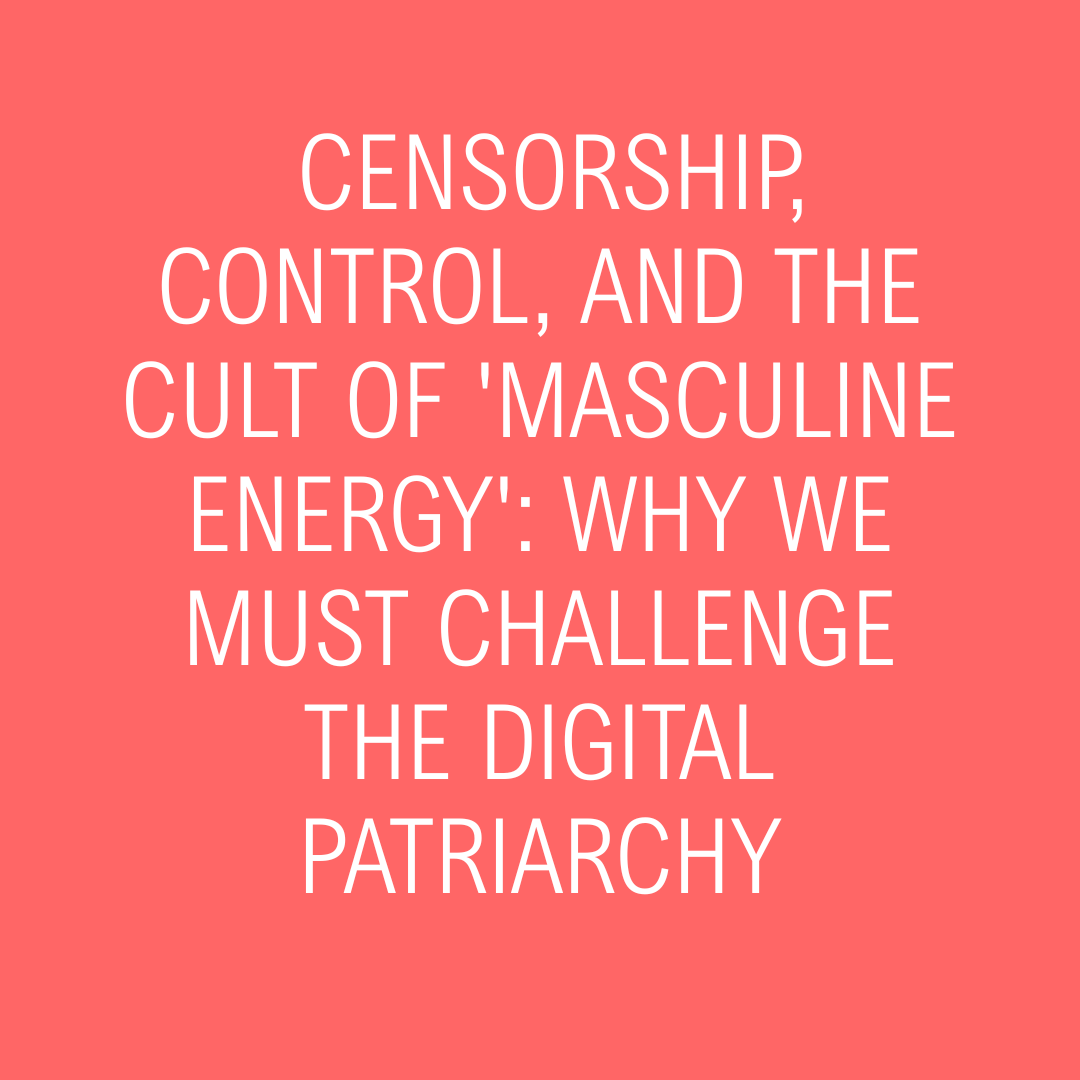In February 2025, El País released a short video titled “Why Do Social Media Platforms Still Censor Female Breasts?” highlighting the persistent double standards in content moderation. Platforms like Instagram and YouTube routinely remove images of female nipples under the guise of preventing «sexual pleasure,» while male torsos remain freely displayed. This disparity underscores a broader issue: the sexualization and policing of women’s bodies in digital spaces.
Organizations such as DigitalFems have been vocal in condemning these biased policies. They argue that such censorship not only reinforces harmful gender stereotypes but also limits women’s freedom of expression online. The algorithms employed by these platforms often lack the nuance to differentiate between sexual, educational, or artistic content, leading to the unjust removal of legitimate posts.
Compounding this issue are recent statements by Meta CEO Mark Zuckerberg. In a January 2025 interview on The Joe Rogan Experience, Zuckerberg lamented that the corporate world has become «culturally neutered» and advocated for a resurgence of «masculine energy» in the workplace. He suggested that traits like aggression should be celebrated more in corporate culture.
These comments have sparked widespread criticism. Critics argue that promoting «masculine energy» as a solution overlooks the value of diverse leadership styles and perpetuates a culture that marginalizes women and non-binary individuals. Furthermore, Zuckerberg’s remarks coincide with Meta’s rollback of diversity, equity, and inclusion (DEI) initiatives, raising concerns about the company’s commitment to fostering an inclusive environment, via New York Post.
The intersection of biased content moderation and leadership rhetoric that glorifies traditional masculinity reflects a broader digital patriarchy. This system not only dictates what is deemed acceptable online but also influences corporate policies that affect millions of users worldwide.
It’s imperative to challenge these narratives and advocate for equitable digital spaces. This includes demanding transparency in content moderation algorithms, reinstating and strengthening DEI programs, and promoting leadership that values empathy, collaboration, and inclusivity over outdated notions of aggression and dominance.
As we navigate the complexities of the digital age, it’s crucial to recognize and dismantle the structures that perpetuate inequality. Only then can we create online environments that respect and uplift all voices, regardless of gender.

